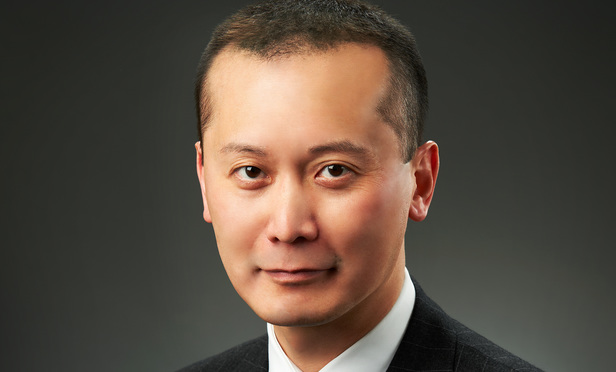Hearsay, arguably the most complex rule of evidence, governs the admissibility of second-hand statements before the trier of fact. In addition to its evidentiary effect, hearsay also has a dramatic impact in court. For some reason, jurors seem to pay more attention when a lawyer objects based on hearsay. Jurors seem especially interested in knowing what the hearsay statements are that they are being precluded from hearing.
The definition of hearsay is well known. It is a falsifiable statement of fact made out of court that is offered by the testifying witness to prove the truth of the matter asserted in the statement.
This content has been archived. It is available through our partners, LexisNexis® and Bloomberg Law.
To view this content, please continue to their sites.
Not a Lexis Subscriber?
Subscribe Now
Not a Bloomberg Law Subscriber?
Subscribe Now
LexisNexis® and Bloomberg Law are third party online distributors of the broad collection of current and archived versions of ALM's legal news publications. LexisNexis® and Bloomberg Law customers are able to access and use ALM's content, including content from the National Law Journal, The American Lawyer, Legaltech News, The New York Law Journal, and Corporate Counsel, as well as other sources of legal information.
For questions call 1-877-256-2472 or contact us at [email protected]



